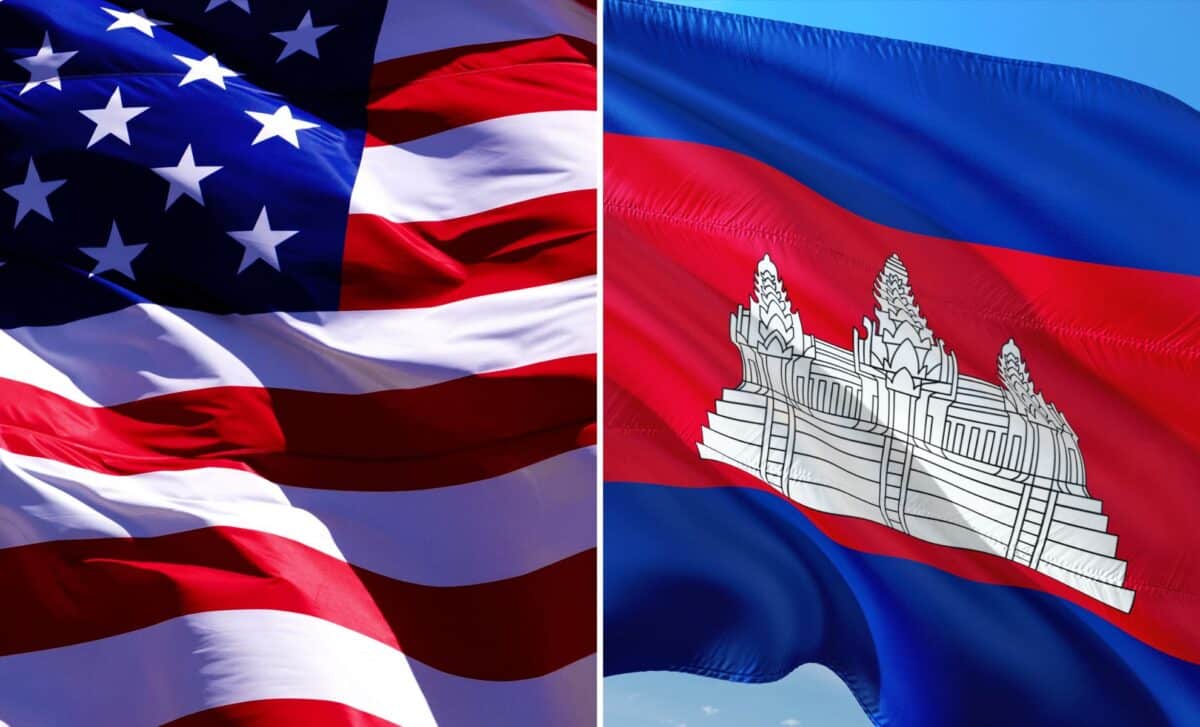A freeze on US foreign aid has severely impacted anti-human trafficking programs in Cambodia, a country where tens of thousands of individuals are reportedly held in forced labor conditions, particularly in scam call centers. The decision has led to the closure of rescue and rehabilitation services, raising concerns about the increasing vulnerability of victims.
The funding halt, initiated under Donald Trump’s administration, has obstructed the operations of non-governmental organizations (NGOs), including those offering shelter and medical care to survivors. Experts warn that without these essential services, victims are at greater risk of re-trafficking and exploitation, while criminal networks continue to expand unchecked.
Shelters Forced to Shut Down as Funding Disappears
One of the most significant setbacks caused by the aid freeze is the disruption of shelters for human trafficking victims, according to sources with direct knowledge of the situation. Among the affected organizations is Caritas, a Catholic charity running Cambodia’s only independent shelter for victims of forced labor in scam compounds. The facility, located in Phnom Penh, recently released several residents and may soon cease operations entirely due to financial constraints, according to sources cited by the Associated Press.
The shelter received backing from Winrock International, a key partner of USAID in Cambodia, and was expected to receive approximately $1 million over two years before funding was frozen. Additionally, the International Organization for Migration (IOM), a United Nations agency, also supported the center but has faced funding shortages due to the US decision.
According to Jake Sims, co-founder of Shamrock, a public-private coalition focused on transnational organized cybercrime, the Caritas shelter is the only facility providing trauma-informed care and legal assistance to victims. Its closure means that many survivors will struggle to return home or seek protection, increasing their vulnerability to re-exploitation.
Human Trafficking Operations Continue to Grow Unchecked
The aid freeze has also stalled rescue operations and preventative efforts, further enabling the expansion of criminal networks running online fraud schemes. According to United Nations estimates, hundreds of thousands of people across Cambodia, Myanmar, and Laos are trapped in scam compounds, where they are forced to defraud individuals worldwide, including American citizens.
The situation is exacerbated by alleged government complicity, with local elites accused of profiting from human trafficking operations. Last October, the US imposed sanctions on Ly Yong Phat, a high-ranking member of Cambodia’s ruling party, for his alleged involvement in trafficking activities linked to scam centers.
Meanwhile, independent media and civil society groups investigating these crimes face growing government pressure. Mech Dara, a Cambodian journalist known for exposing scam compound operations, was arrested in 2023. Upon his release, he announced he was quitting journalism, highlighting the risks faced by those seeking to uncover the truth.









